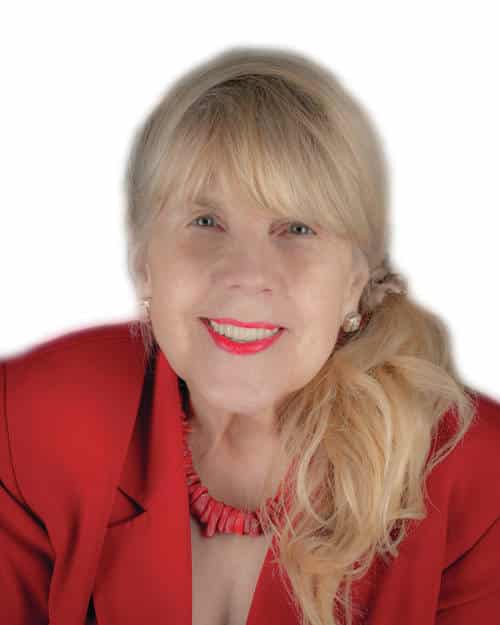
By Vivian Blevins
Contributing Columnist
In the past week, I’ve talked with my sister twice, and she has lamented the death of the town in which she lives, a town that was an important part of my childhood — Cumberland, Ky. She speaks of deserted buildings, brown weeds in empty lots where businesses once flourished, and a dearth of places to buy something as simple as a pair of shoes or a meal. At one time this part of Kentucky was known for its plentiful supply of black diamonds, coal, and the town of Cumberland bustled with businesses and families with money in their pockets to support those businesses.
As a child, I remember stopping by Black Motor Company, where as a young adult I bought my first new car, a 1959 Buick Le Sabre, a place where my aunt worked as a secretary after teaching school during the day, a place where the shakers and movers in the town sat in the main office smoking cigars and talking optimistically about the future of coal.
Those memories merge with what Michael Stewart Foley writes about in the early pages of his new book, “Citizen Cash- The Political Life and Times of Johnny Cash“ (Dec. 2021) in which Cash used a theme of “Ride This Train” to take his audiences through “story and song” to practice “a politics of empathy” for the disenfranchised.
One such journey involved Cash’s father, Ray Cash, who rode the rails looking for work to support his family during the Great Depression.
As I travel around Miami County of Ohio, I see a plethora of “Help Wanted” signs posted on businesses and billboards with some companies offering signing bonuses. I hear friends complaining about restaurants closing early because they have no staff or limited menus because of supply-chain issues- again a lack of personnel.
I contrast what I see with endless opportunities for employment with what my sister sees where there are no available opportunities for persons seeking work. She speaks of boarded-up houses in Cumberland, including the one where I was born, and I can visualize those families heading north looking for work — perhaps with a promise from relatives in Cincinnati or Toledo that they can sleep in their basement or spare room until they get back on their feet.
And then I consider a solution. Community colleges dot this nation, and the idea in their development was there would be one within driving distance of every American.
Solution? Yes, I’ve always been the critical thinker who looks for solutions. Allow me to explain.
The national network of community colleges, committed to serving Americans from the cradle to the grave, means that the presidents and chancellors who head these colleges know each other. They could partner so that the college in Cumberland could team up with a president of a college where all those “Help Wanted” signs are posted to arrange to use college resources in a variety of areas while working with businesses and industries in need of employees to help these unemployed folks relocate and get back on their feet.
There was no network of community colleges with such a mission when my father was laid off by United States Steel in Lynch, Ky, so he had to do it on his own. Our family moved to Toledo. That move was extremely challenging, and I was 13 at the time so I understand the nature of those obstacles. All of my parents’ children have earned graduate degrees and have held responsible positions, which would not have happened had my father not had the motivation and the intellect to address his unemployment status.
But today’s unemployed need not travel that same difficult path alone. Our tax dollars support community colleges, and our community colleges are committed to providing appropriate labor forces. And perhaps the currently unemployed and family members might earn college certificates and degrees along with paid employment.
Of course, mayors, governors, and Congress men and women won’t want to see an out migration of their population; however, if families are to have hope, they must have jobs, income from sources other than the dole. They must be able to envision a future and their active/responsible role in creating that future.
Resettlement is not a new concept, but consider as Cash proclaimed to audiences, “Ride This Train.” Think about what I am suggesting and ride with me believing that it can be done with collaboration, cooperation. Our nation will be stronger, more enduring. And isn’t that what we all want as we grapple with issues which have been, and always will be, involved in our nation’s process of becoming “a more perfect Union” ?
Vivian B. Blevins. Ph.D., a graduate of the Ohio State University, served as a community college president for 15 years in Kentucky, Texas, California, and Missouri before returning to Ohio to teach telecommunication employees from around the country and students at Edison State Community College and to work with veterans. Viewpoints expressed in the article are the work of the author.


